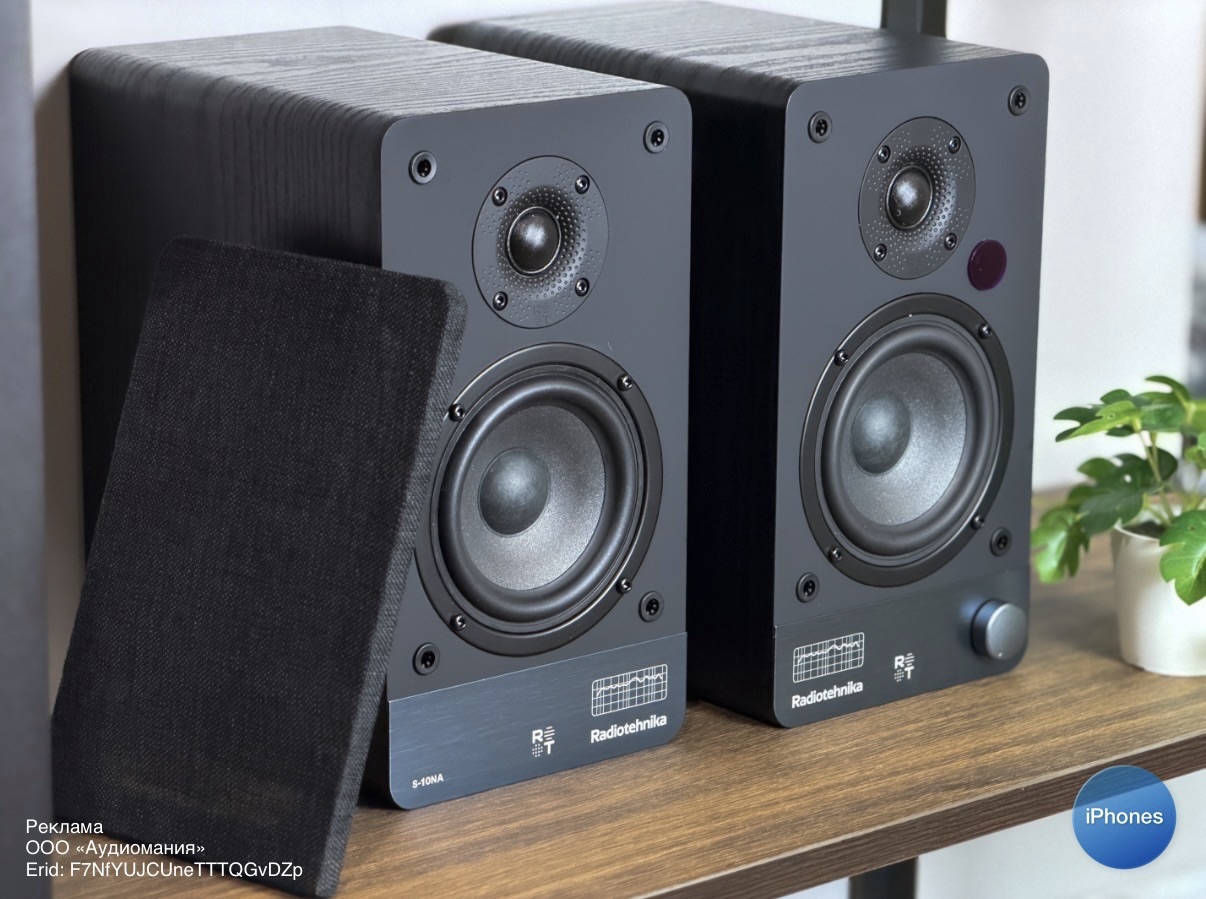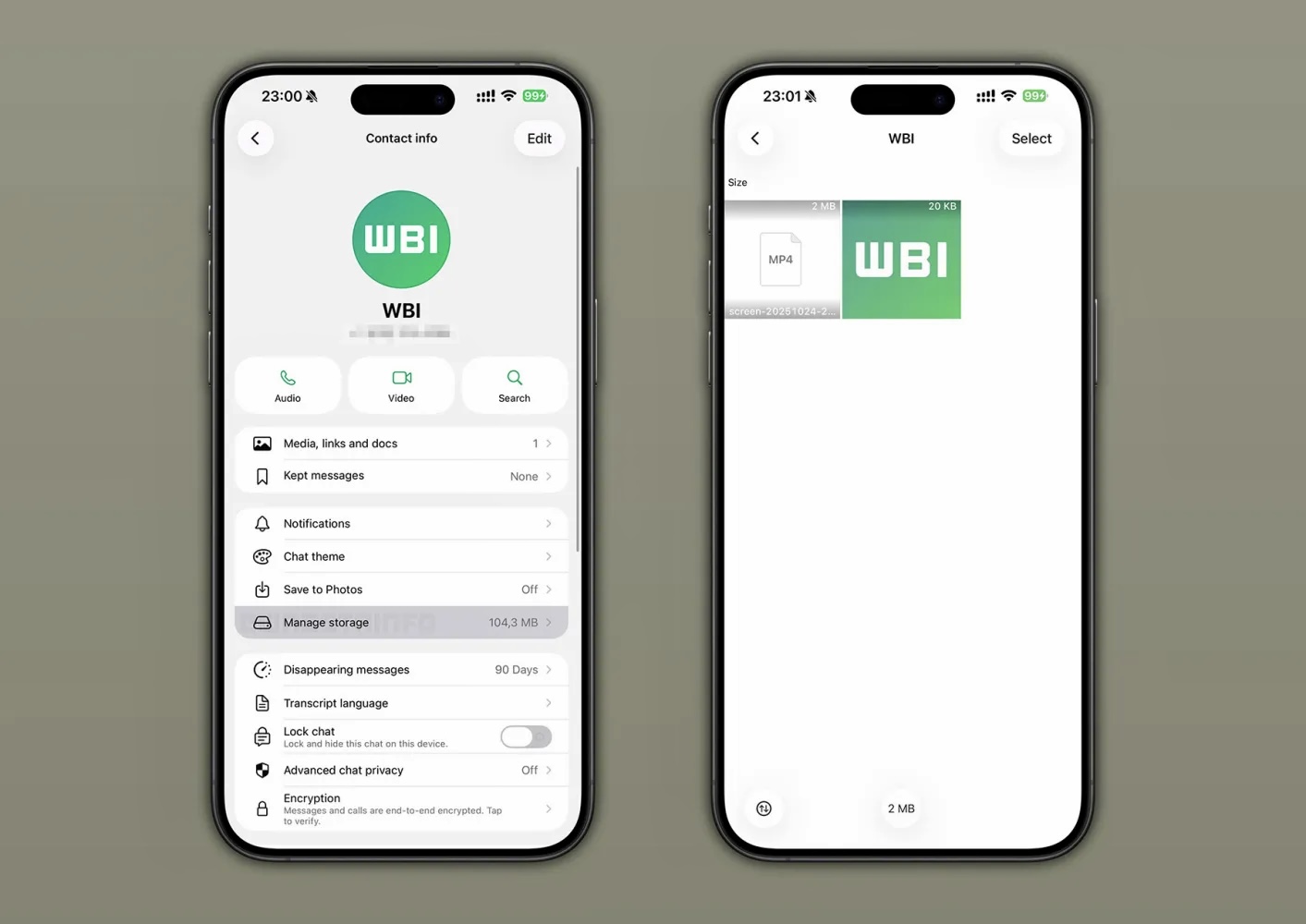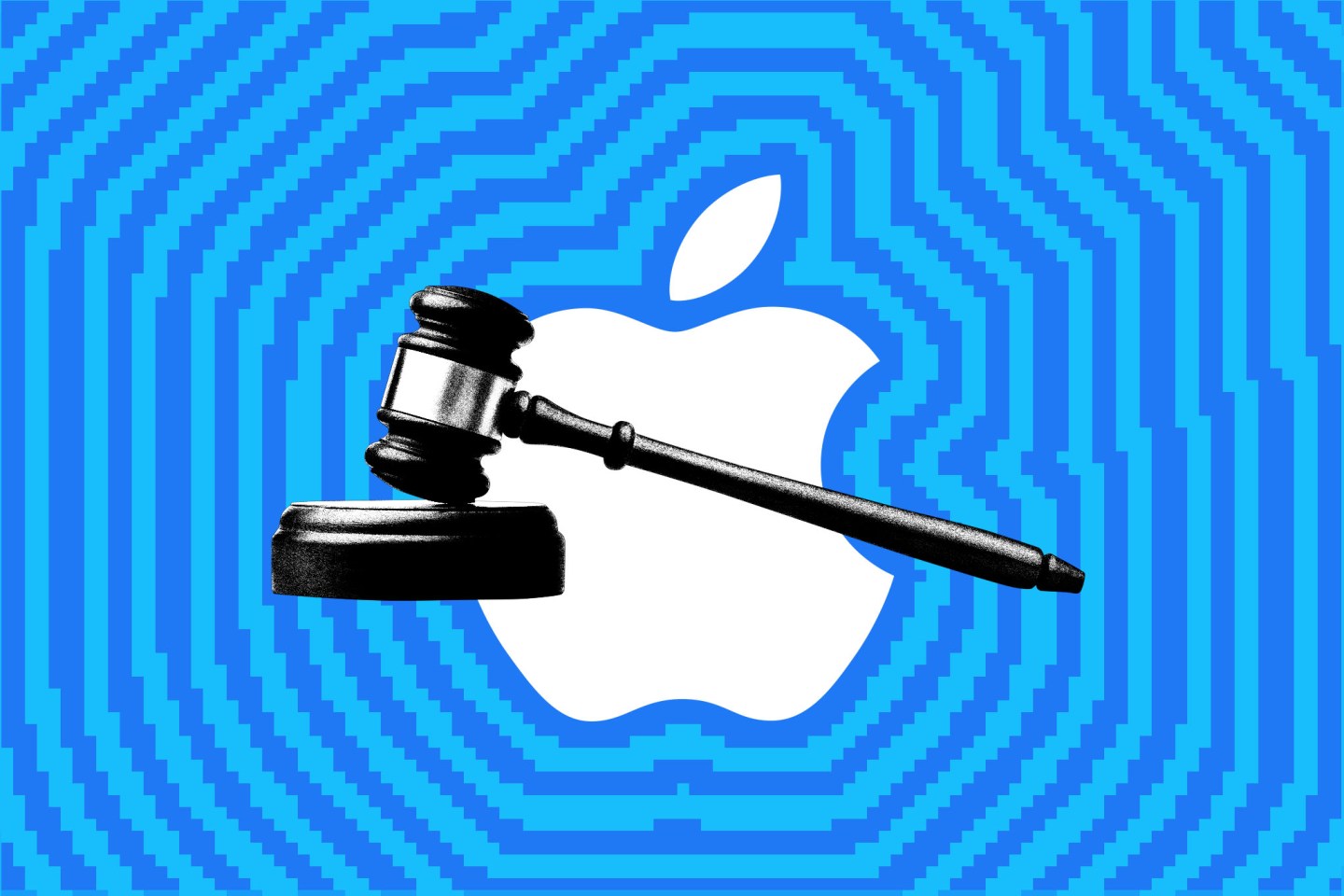On the HBO streaming service, Max delighted science fiction fans during the premiere week of the series Dune: The Prophecy.
This is an attempt not only to expand on Frank Herbert’s colonial cult novel, but also to bring the magical films of Denis Villeneuve to the small screen. The events take place 10,148 years before the birth of Paula Atreides – just to give you an idea of the scale.
Of course, we couldn’t pass by such premieres. We watched the beginning and will hasten to share our impressions. Spoiler – everything is not so clear.
Pleasing fans of the original films was fundamental

What is the series about?: Dune: The Prophecy is a prequel to the events of the main Dune storyline, telling the story of the formation of the Bene Gesserit sisterhood, an order that controls the destinies of the great lands of the galaxy.
Events take place 10,000 years before the appearance of Paul Atreides and immersion in a world of intrigue, financial games and the first steps to create a powerful organization that changes the balance of power in the Empire.
Dune director Denis Villeneuve has become a standard-bearer for science fiction, bringing visual magic and epic scope to audiences. Each frame is a real work of art. The landscapes of Arrakis, the monumental space frigates and the last terrifying desert worms were all breathtaking.
The films showed more than just the story of Paul Atreides, a complex world with its politics, philosophy and religious themes. The balance between individual characters and the scale of the universe was perfectly balanced.
Hans Zimmer’s music and soundtrack also create an incredible atmosphere, completely immersing the viewer in the world of Arrakis.
What did we, accordingly, expect from the television project? He needed to combine the spectacle, engagement and richness of world-set films into a format that allows a television show to tell the story in more detail. And everything seems to be in place, but there are nuances.
There is a complex structure of storytelling, dealing with consequences
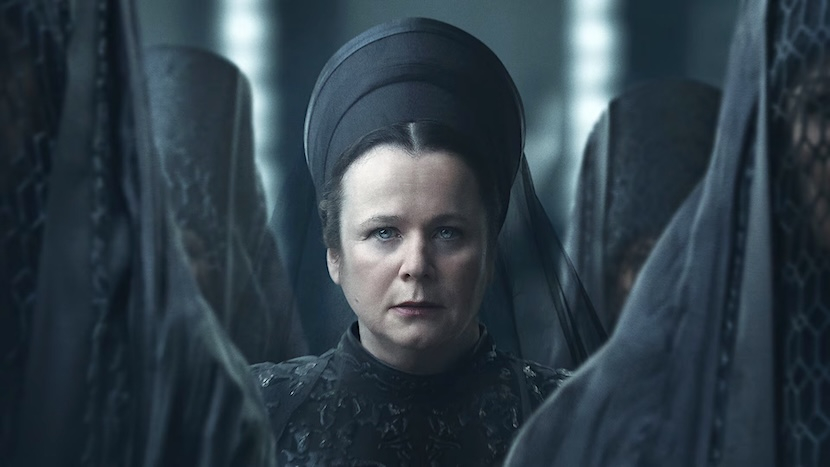
Dune: The Prophecy plunges us into the distant past of the universe – 10,148 years before the birth of Paula Atreides. The events take place shortly after the Butlerian Jihad, a war against thinking machines that changed the world by banning technology and introducing the solar power of civilization.
The main storyline sees the Harkonnen sisters, Valia and Thula, strive to transform the Bene Gesserit from a fledgling order into a powerful force capable of manipulating the great houses and shaping future Empires.
Through flashbacks, viewers are also shown the events leading up to Valia’s rise as leader of the order, including the role of her mentor Rakella and the creation of a genetic library to rule the dynasties.
The timeline of the situation is complex, but interesting, as it shows the beginnings of familiar elements of the Dune world, from the first production capabilities of the Voice to the beginning of the conflict between Houses Harkonnen and Atreides. Political intrigue, manipulation, and power struggles within the Empire laid the foundations for events that occurred millennia later.
This extensive backstory helps explain how the great houses, the Bene Gesserit Order, and the Empire came to be what they were in the main story.
There are no heroes here that you want to worry about
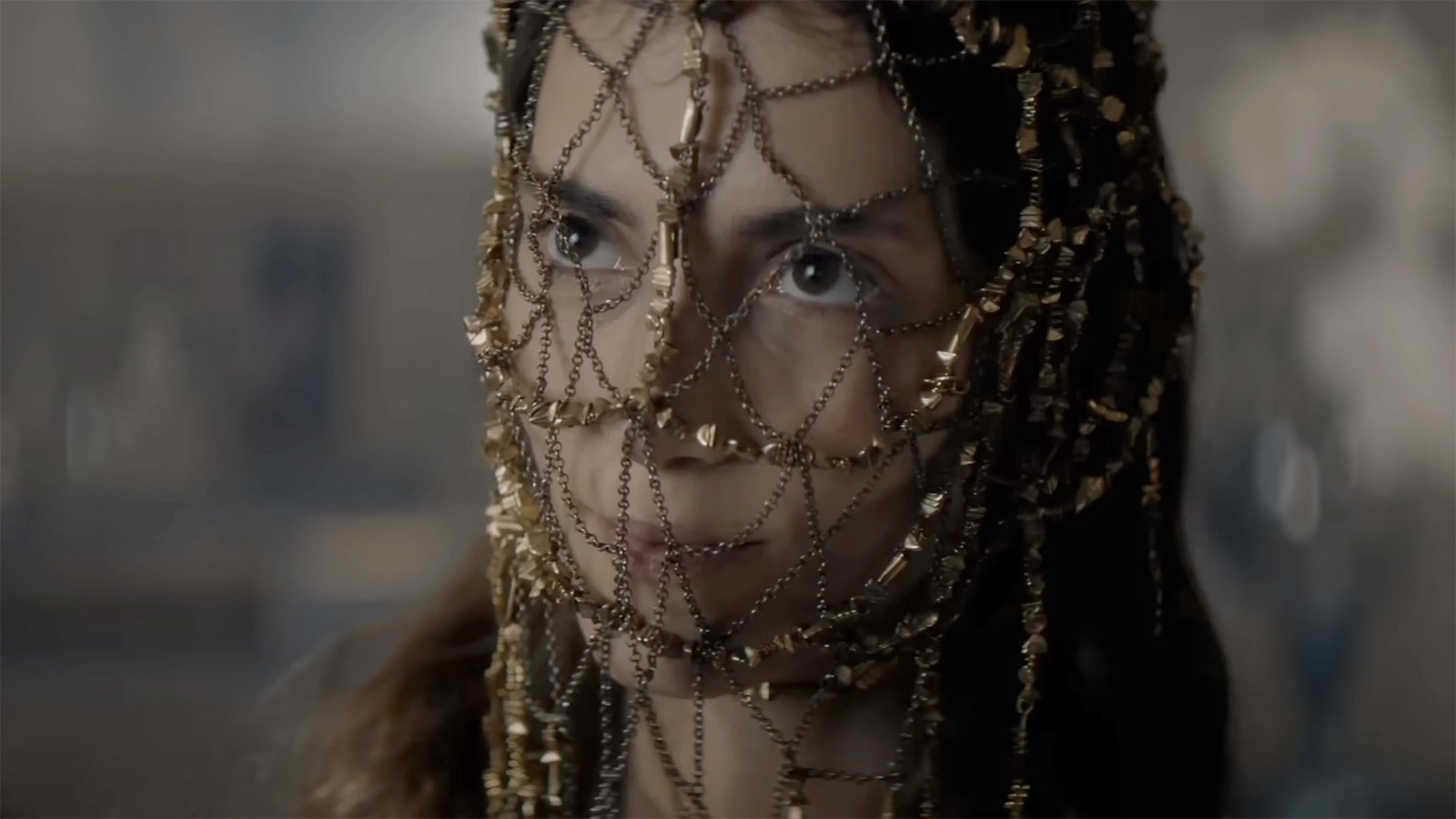
Like Game of Thrones, Dune: The Prophecy is built on simple financial intrigue, betrayal and conquest of power. It has everything: ambitious leaders, secret conspiracies, spies, cunning marriage alliances and, of course, bloody incidents. Everything we love.
The series invites viewers to take action to strengthen the influence between the great houses, the Empire and the Bene Gesserit, with each side seeking to seize every opportunity to achieve their goals.
But there is a major difference: in The Prophecy, it’s hard to find a character you could genuinely sympathize with.
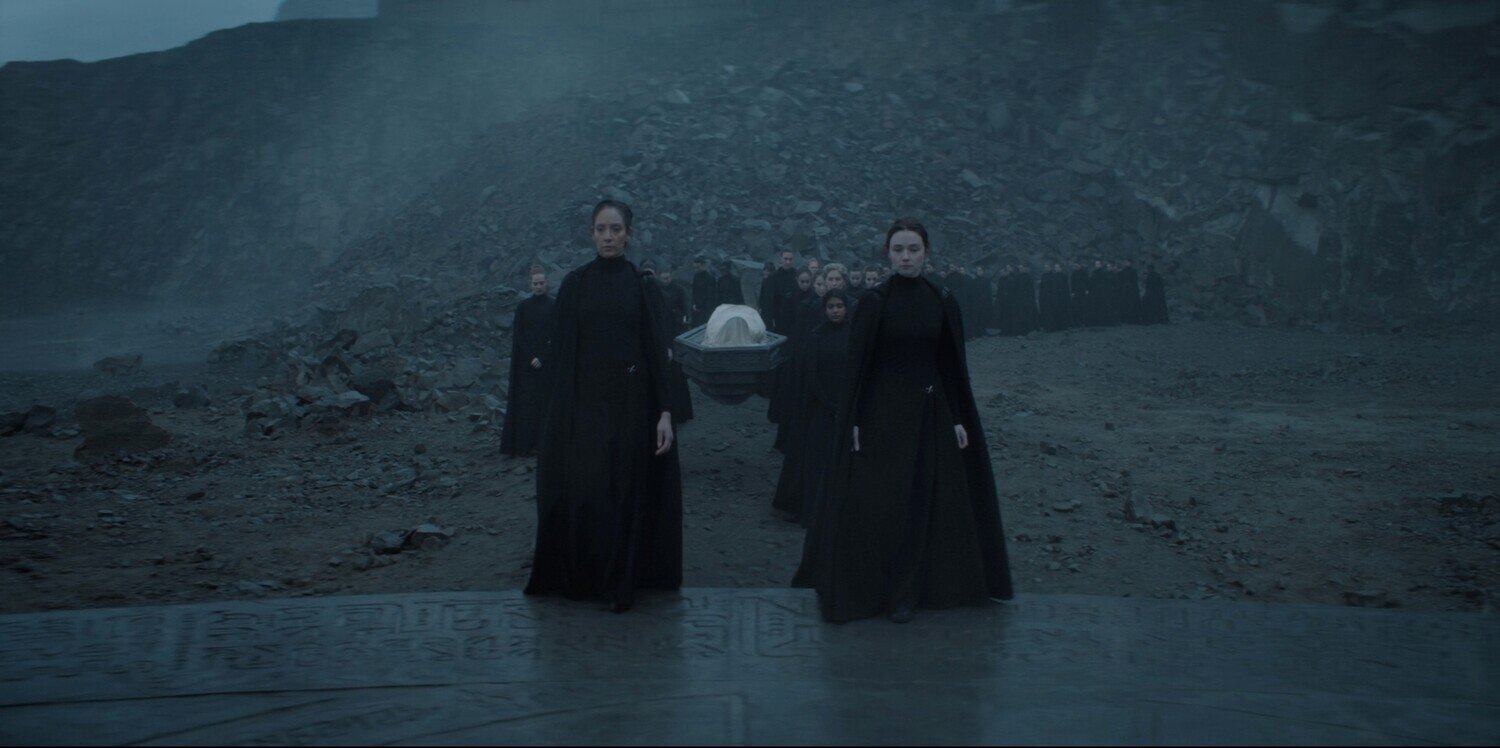
Game of Thrones gave viewers characters like Ned Stark, Tyrion, and Jon Snow whose moral character was set against a backdrop of brutality. There is no such figure in Dune: The Prophecy. Valia Harkonnen, although the main character, is primarily driven by a lust for power and manipulation.
Even her noble goals quickly turn into cold-blooded calculations. Other characters, from Emperor Javicco Corrino to Desmond Hart, also display their ambitions and personal interests through the lens.
This makes the series darker and more realistic, but deprives the viewer of emotional criticism. We observe the intrigues from the side, like a chess game, where each piece acts only for its own benefit. This approach reflects the spirit of Herbert’s novels, where politics were always important to personal stories, but it also makes the series less emotional and environmentally appealing.
In other words, despite its rich world and intriguing plot, the series lacks characters you actually want to care about. For the viewer, its alien gloom and lack of bright figures, the series may seem too dark.
Is the series visually inferior to the films, is there not enough budget?
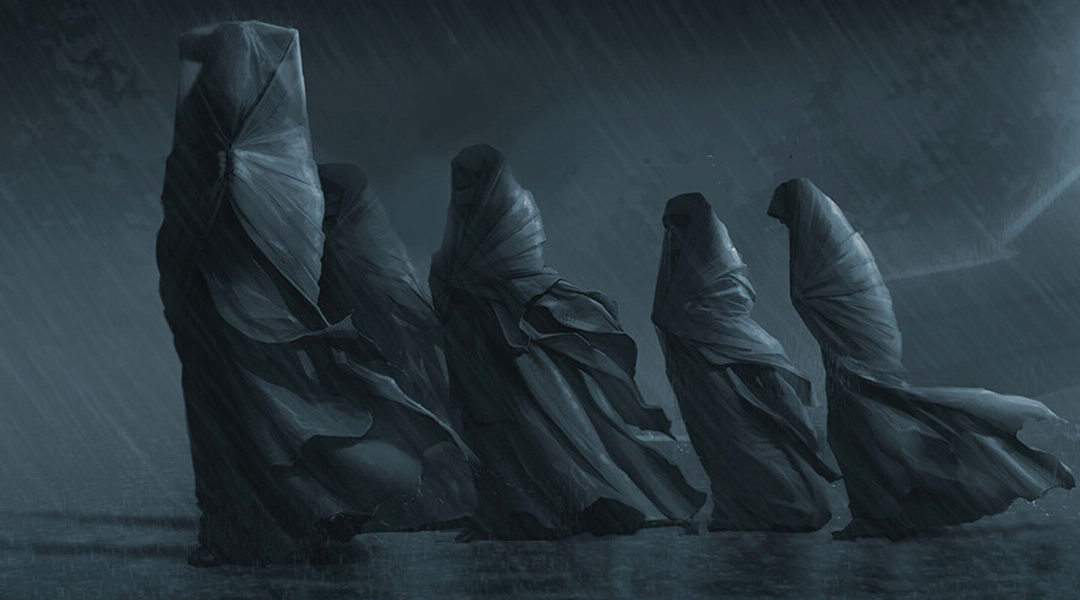
The visual component is one of the main reasons for the success of Denis Villeneuve’s films. His “Dune” set an incredibly high bar: large-scale locations, the last deserts, monumental ships and luxurious scenery. Dune: The Prophecy, despite its obvious efforts, falls short of this level.
The series, although it looks a little expensive for TV, had to use more closed spaces and computer graphics. I thought: the scenery was less monumental, and the space scenes and ships had lost their epic quality.
While the films capture the spirit of the desert landscapes of Arrakis and its sandworms, the series spends most of its time in dark corridors, throne rooms and organic rooms. This creates a feeling of intimacy, but deprives the audience of the opportunity to feel the grandeur of the universe.
Is it worth watching the series? Yes, but there are conditions
Be sure to watch the series in one of three cases:
1. If you’re familiar with Frank Herbert’s novels, Denis Villeneuve’s films, or other adaptations, the series will be a complementary addition. He delves into mythology, revealing the origins of the Bene Gesserit, their methods, rituals and role in governing the Empire. This is a chance to learn more about the world of Dune, which is always multi-layered and mysterious.
2. If you like series in the vein of Game of Thrones or House of the Dragon, Dune: The Prophecy creates a pleasant atmosphere: intrigue, betrayal, power moves and behind-the-scenes manipulations. Politics comes first here, and every action of the heroes leads to serious consequences.
3. If you love thoughtful storytelling, where every line and detail is important to pay attention to, Dune: The Prophecy is perfect for you. Here the action is gradual, with plenty of dialogue and exposition to help you understand the complex world.
Pass… by
1. If you are not familiar with the films or books, the series may seem overloaded with characters and terms. This is not an independent work, but an addition to the franchise.
2. If you are looking for action and light cinema, this is not your choice. There is more intrigue and conversation than large-scale battles and spectacular scenes, which may disappoint those who are used to dynamic plots.
The series is interesting as an addition to the franchise, but does not live up to Villeneuve’s masterpieces. Its dark tone, complicated timeline, and lack of relatable characters make it more of a niche project for fans.
Of course, HBO is working on its mistakes, and we are seeing better and more exciting seasons of the story. The game has a lot of potential. We believe.
Source: Iphones RU
I am a professional journalist and content creator with extensive experience writing for news websites. I currently work as an author at Gadget Onus, where I specialize in covering hot news topics. My written pieces have been published on some of the biggest media outlets around the world, including The Guardian and BBC News.



